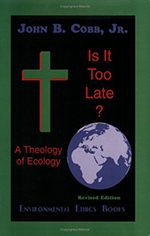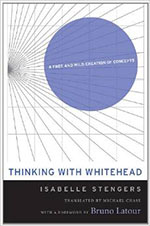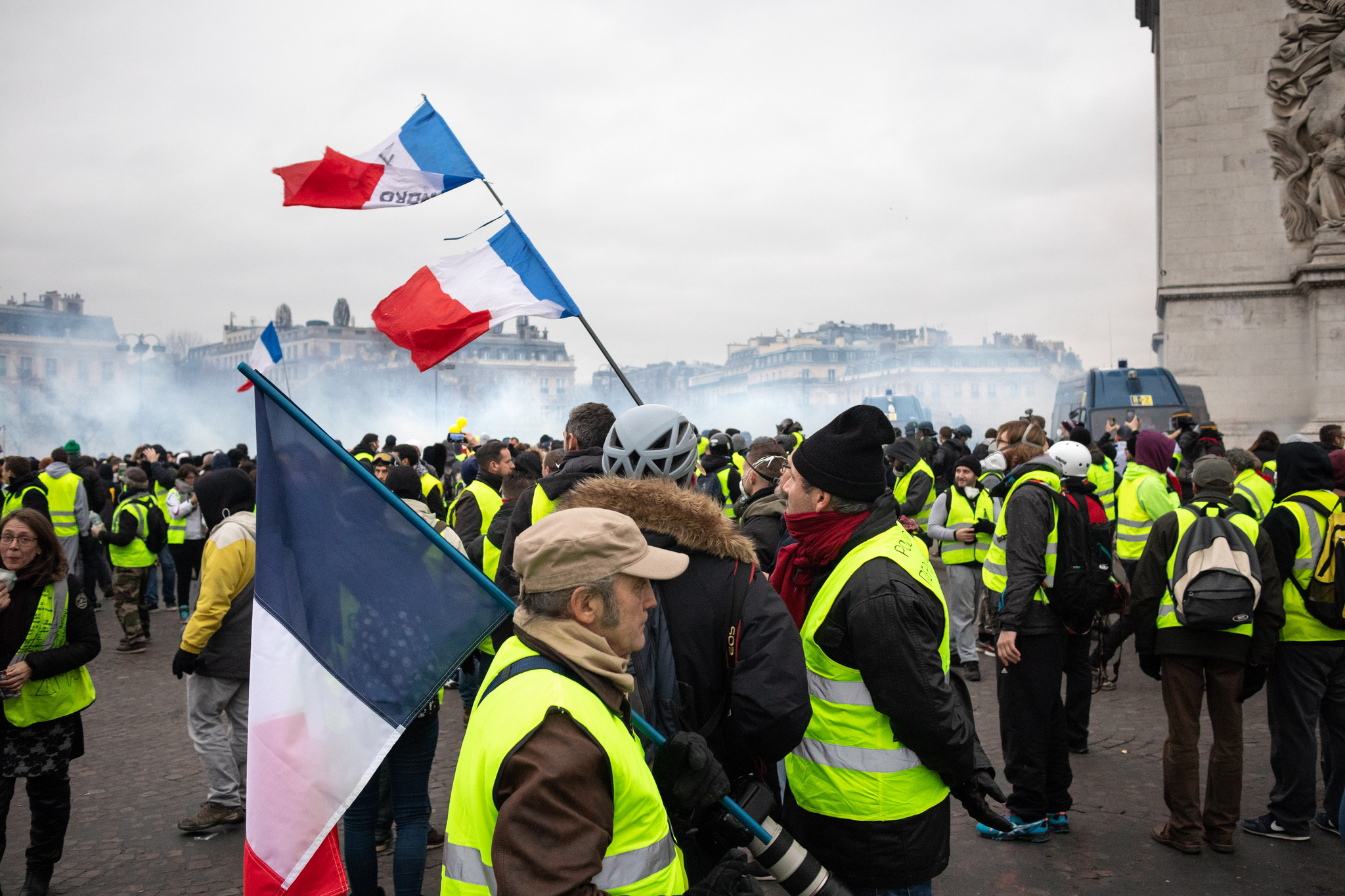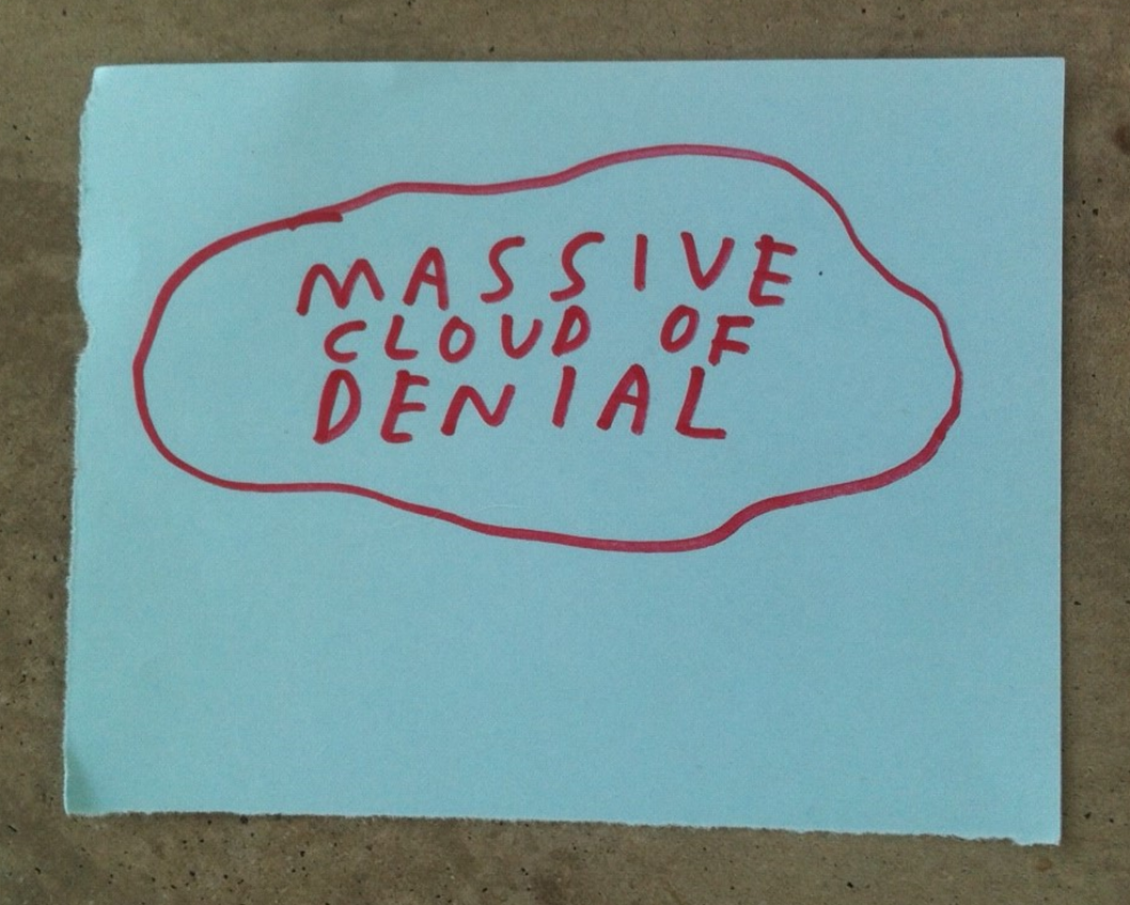We face the possibility of an irreversible end of civilization and even of the human species. We have no alternative but to rethink civilization in ecological terms.
← Return to Seizing an Alternative
Section Tracks
- Track 1: Catastrophic Climate Change
- Track 2: The Technological Response: Geo-Engineering
- Track 3: The Threat of Massive Hunger
- Track 4: Just Peacemaking: Response to Threats of Catastrophe
- Track 5: A New Economic System
- Track 6: Political Collapse
- Track 7: Organizing for Change and Sustaining Involvement
“What Can Trigger Transformation?”
We are using the term “catastrophe” in the full sense. A catastrophe is a unique and final event.
We face the possibility of an irreversible end of civilization and even of the human species. Today the most urgent threat is climate change. The warming now occurring triggers factors that accelerate it, such as the release of methane as tundra thaws and the reduced reflection of sunlight as glaciers melt. At some point there may no longer any way to avoid making the planet uninhabitable by humans.
Ever since World War II we have recognized that a full-scale nuclear war could have a similar catastrophic effect. Our arsenals are certainly sufficient to destroy our species altogether. Avoiding nuclear war and developing alternatives to war in general have immediate urgency.
Climate change and nuclear war are the two threats that could most directly end not only our current civilization but also human life on the planet. However, other threatening disasters are of appalling dimensions and would make the ultimate catastrophe more likely.
Increased population and decreasing resources point toward disastrous shortages. Although even mass starvation would not be an irreversible catastrophe, many of the efforts to increase production speed climate change. Resource shortages are already a factor in current wars. The likely consequences of the massive starvation that threatens the planet are unimaginable.
The economic situation is similar. We are imminently threatened by financial disasters. They have already occurred locally. Our move toward economic globalization means that such disasters are hard to contain. A global collapse of our financial system threatens. Because we have developed an economy so dependent on the global financial institutions, the whole system of producing and exchanging goods is threatened. The resulting desperation can have catastrophic results.
The number of “failed states” is increasing. Systems of global governance are not working. Democracies are becoming “corpocracies.” Financial institutions manipulate both government and public opinion. This public opinion, at least in the United States, is moving toward opposition to government as such. At multiple levels the world is threatened by political collapse just when healthy governance is so urgently needed to respond to global crises.
We do not believe that the extinction of the human race is inevitable. Indeed, we think and plan on the expectation that a remnant will survive, and we believe that the size of that remnant can be affected by present actions. But what actions now have the best chance of reducing the inevitable die-off and providing grounds for a healthier and more sustainable civilization for the survivors?
The likelihood, nature, and scale of the disasters brought about by modern civilization make it imperative that in envisioning the future we consider the fundamental assumptions that have driven the modern world to self-destruction. We have no alternative but to think civilization anew, this time in an ecological framework. “Seizing an Alternative” as a whole focuses on laying the groundwork for building a different civilization on different fundamental assumptions.
The content in this section deals more directly with the immediately threatening disasters. Some of them, such as nuclear war, may still be avoided. Other disasters are inevitable, but the extent of their destructiveness can still be affected by current action. In general what we can do now to moderate disasters also lays the ground for rebuilding.
But salvaging as much as possible from the wreck has its own importance. Hence, part of the discussion in this section will help us deal with the frustration and despair inevitably evoked by recognition of the disastrous consequences of the continuing activities promoted by our leaders. Can we act constructively to moderate the inevitable horrors, even a little, while grieving the inescapable losses?
By John B. Cobb, Jr
Plenary Speaker

Catherine Keller
Catherine Keller is Professor of Constructive Theology at the Theological School of Drew University. In her teaching, lecturing and writing, she develops the relational potential of a theology of becoming. Her books reconfigure ancient symbols of divinity for the sake of a planetary conviviality—a life together, across vast webs of difference. Thriving in the interplay of ecological and gender politics, of process cosmology, poststructuralist philosophy and religious pluralism, her work is both deconstructive and constructive in strategy. She is currently finishing Cloud of the Impossible: Theological Entanglements, which explores the relation of mystical unknowing, material indeterminacy and ontological interdependence.
Section I Chair

John Quiring
John Quiring, PhD is Program Director at the Center for Process Studies, Claremont School of Theology, and holds a PhD in Philosophy of Religion and Theology from Claremont Graduate University. The author or editor of numerous works and organizer of multiple conferences, he teaches Philosophy of Religion, Introduction to Philosophy, and Ethics at Victor Valley College, where he has been awarded its Achievement for Outstanding Service to the Students.
Postings from Seizing an Alternative
- Catherine Keller’s Lecture, What Can Trigger Transformation?
Suggested Resources
Links to Section-related books and media for pre-conference preparation include:









